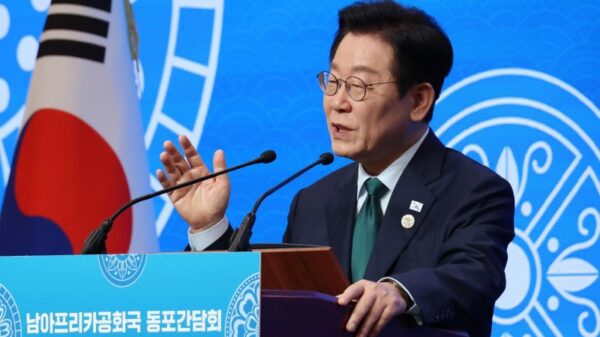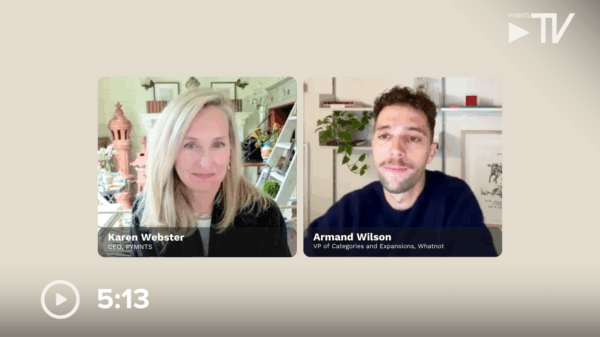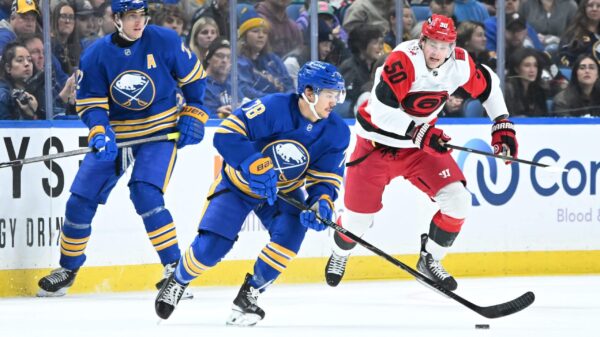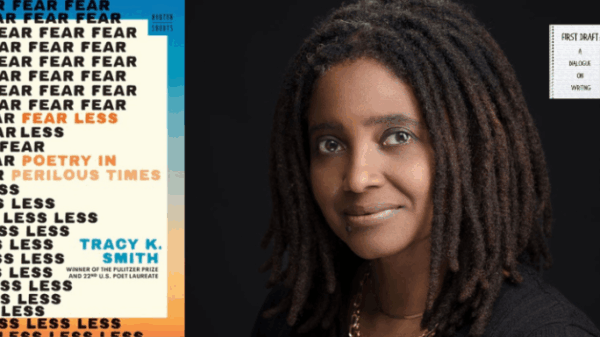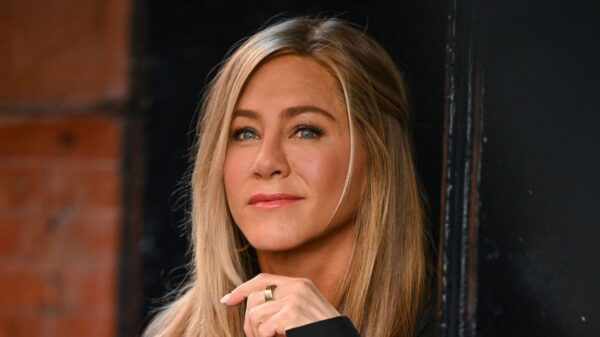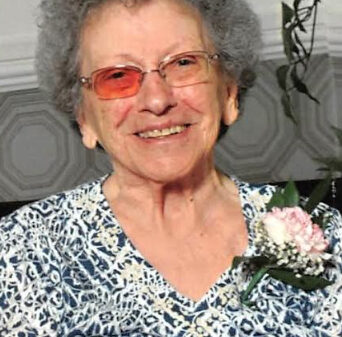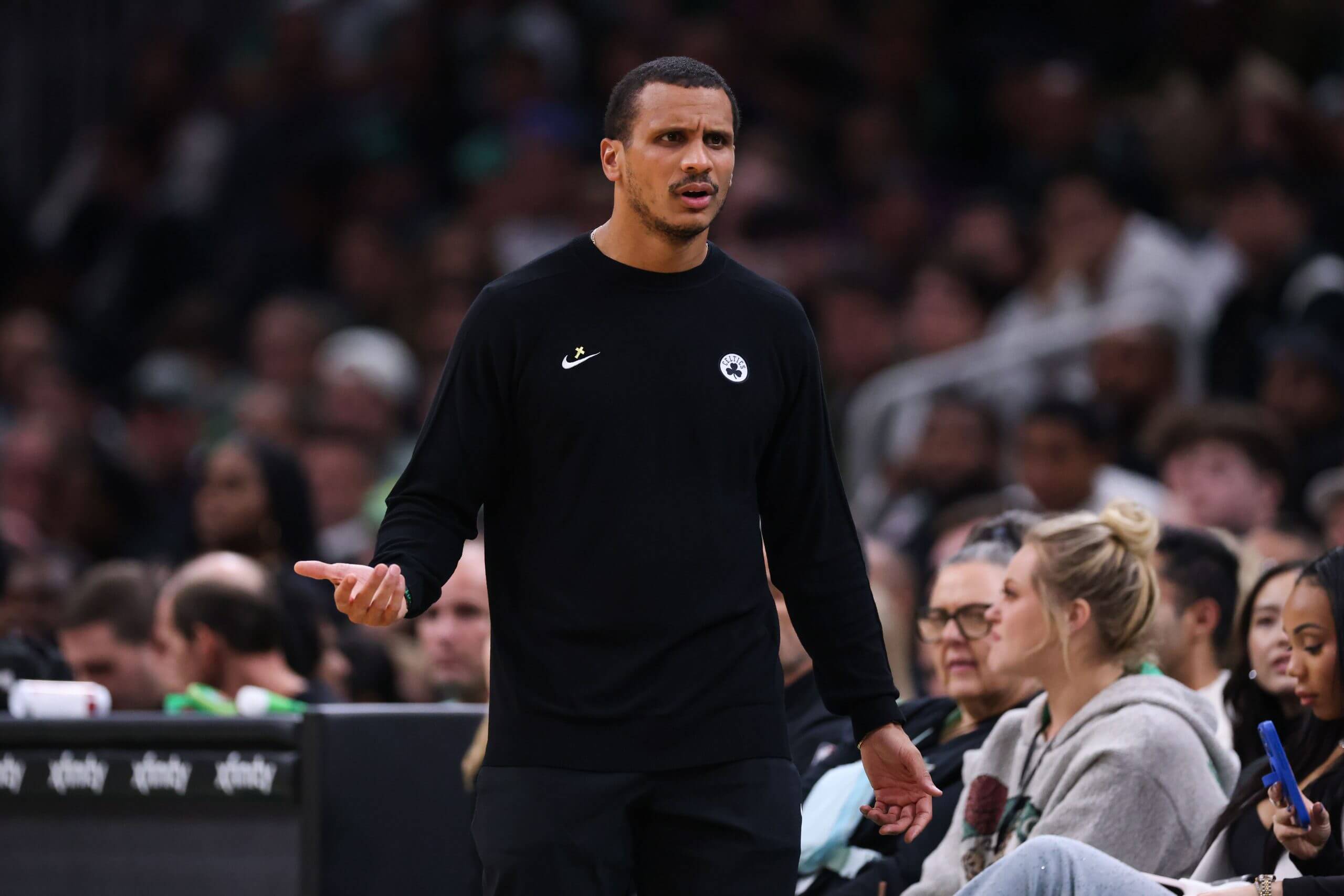BOSTON — Joe Mazzulla’s approach as head coach of the Boston Celtics has shifted significantly this season due to the team’s influx of younger, less experienced players. The Celtics, historically one of the NBA’s most seasoned squads, are now navigating the challenges of a youthful roster, prompting Mazzulla to adopt a more hands-on and vocal style on the sidelines.
In his first three years as a head coach, Mazzulla could rely on veterans like Al Horford, who demonstrated a deep understanding of the game. This season, however, with key players such as Jayson Tatum sidelined due to injury, the team’s dynamic has changed. As a result, Mazzulla has intensified his coaching methods, pulling players quickly from games for mistakes and raising his voice more frequently during critical moments.
Adjustments During Games
During a recent matchup against the Utah Jazz, which ended in a narrow 105-103 defeat for the Celtics, Mazzulla’s frustration was apparent. He called his first timeout just four minutes into the second half, signaling his discontent with the team’s performance. After a turnover by second-year player Baylor Scheierman, Mazzulla swiftly substituted him, showing that no player is immune to his expectations.
Despite Mazzulla’s efforts, the Celtics struggled with consistency. Young players like Hugo González and Josh Minott faced challenges that highlighted their inexperience. Mazzulla remarked, “You have to be able to put a full game together. The first half was good. The third quarter cost us.” His comments reflected the highs and lows of coaching a team in transition.
Even seasoned players experienced lapses. Jaylen Brown, who scored 36 points in the game, made a crucial mistake late in the third quarter, mirroring errors made by his younger teammates. Derrick White took responsibility for the team’s shortcomings, stating he was “sh—y” and contributed to the Jazz’s comeback.
The Path Forward for the Celtics
As the Celtics grapple with their evolving identity, Mazzulla recognizes that a sharp tongue cannot instantly resolve the inexperience permeating the roster. “Little things—whether it’s fouls or leaving players open—just have to be held to a standard,” he explained. The process of improvement will take time, but he believes that consistent effort and accountability will yield results.
Payton Pritchard emphasized the need for heightened energy, stating, “For us to have a chance this year, we’ve got to come out with crazy energy.” His comments underscore the importance of intensity in a season where the Celtics can no longer rely solely on talent and experience.
While Mazzulla’s more animated coaching style aims to instill a sense of urgency among players, the reality is that the team must learn and grow together. The integration of new players such as González and Minott marks a significant shift, as many are still finding their footing in the league. Mazzulla’s leadership will be crucial as they navigate these challenges.
In closing, the Celtics are committed to their development process. “We’re learning. We’ve got a lot of things we’ve got to keep getting better at,” Pritchard stated. With Mazzulla at the helm, the expectation is that the team will continue to improve as the season progresses, striving to emerge as a more cohesive unit by the end of the year.










